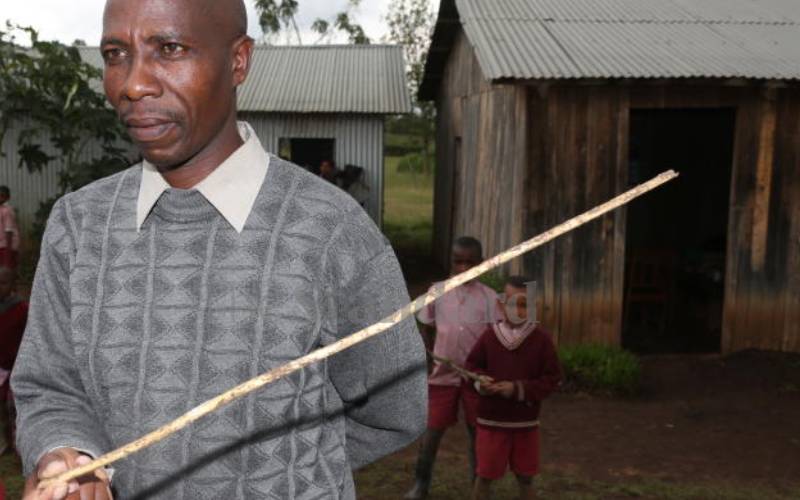×
The Standard e-Paper
Fearless, Trusted News

Trying to legalise violence in schools can only lead to more disasters. [Mose Sammy, Standard]
For all his administrative experience, hands-on management, and tough-love diplomacy, Education Cabinet Secretary George Magoha draws more attention because of his propensity for awkward gaffes.